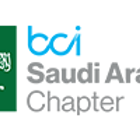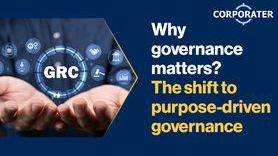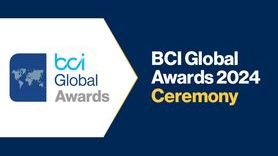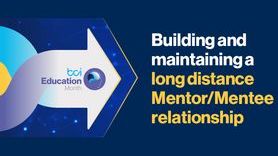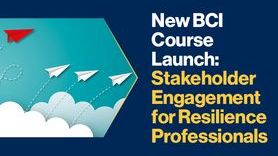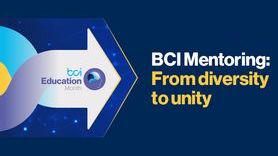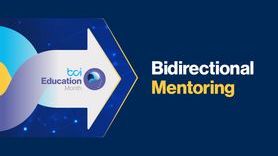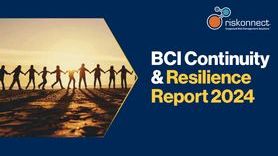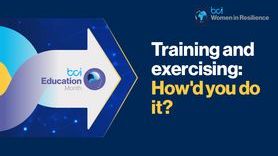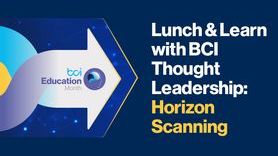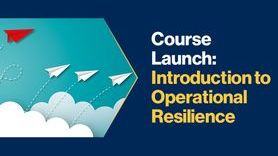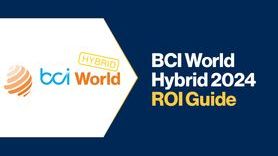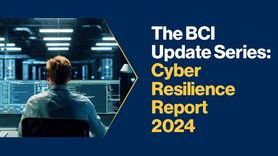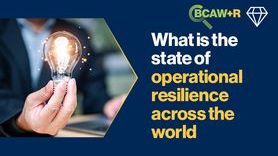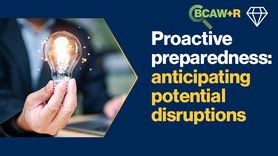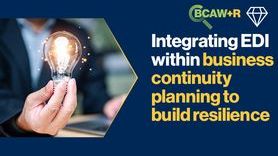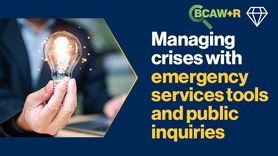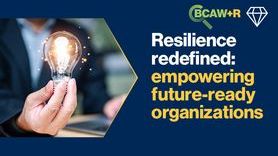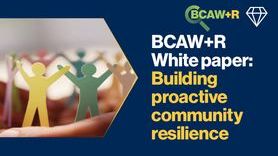Saudi Arabia’s Path to Resilience: The Role of Vision 2030
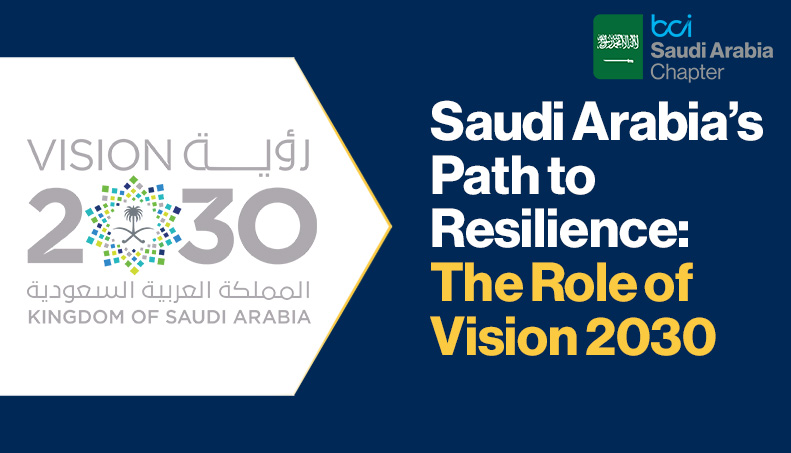
As the Kingdom of Saudi Arabia embarks on its 2030 Vision, resilience becomes vital for long-term stability and growth. Its main focus is reducing the economy’s reliance on oil production and shifting it towards other areas such as tourism, entertainment, and technology and fostering a home of production in different sectors. This requires great attention to sustainability and resilience towards any event that could affect Vision 2030 goals. This brings us to explore the measures in place that assure a nationwide level of resilience and proactively improves it. These measures and initiatives include excellent examples, but are not limited to the following:
National Regulations
- The establishment of the National Risk Council (NRC) plays a vital role in ensuring resilience at the national level. The General Secretariat of the National Risk Council (GSNRC), which serves as the execution arm of (NRC), develops and provides frameworks, guidelines, and instructions for government entities, aligning their efforts in risk management, business continuity, and emergency management. The GSNRC has trained an extensive range of resilience professionals and provides specific and tailored courses focused on elevating awareness and strengthening capacities in these critical areas through its Center of Excellence (CoE). The (CoE) has also introduced Resilience awards to encourage entities to implement effective resilience measures. These awards will be presented at the annual prestigious Resilience Conference to recognise the most resilient entities and professionals.
- The Saudi Central Bank (SAMA) issued comprehensive regulations, instructions, and guidelines for Business Continuity across the financial sector. This ensures the security and availability of financial services within acceptable thresholds to meet expectations at all levels.
- Establishing the National Cybersecurity Authority (NCA), whose mandate and duties address strategic and regulatory cybersecurity needs, including developing and issuing national cybersecurity policies, governance, frameworks, standards, controls, and guidelines to ensure national cyber resilience.
- The Digital Government Authority (DGA) plays a crucial part in enhancing the reliability and continuity of digital services in government entities. It has published guidelines highlighting the importance of adopting resilience principles in response to the rapid changes and current events surrounding digital business and services in government entities. Additionally, DGA hosts and publishes annual compliance scores through its Digital Transformation Measurement “Qiyas” to strengthen resilience efforts.
- Another example is the healthcare sector, where the Ministry of Health (MoH) developed guidelines for health facilities focusing on emergency and crisis preparedness. This initiative has also extended to establishing the Public Health Authority (previously known as the Saudi Center for Disease Prevention and Control) in alignment with Vision 2030.
Digital Transformation Initiatives
The 2030 vision acknowledges the future of digitisation and its benefit to provide a credible and reliable ecosystem within the public and private sectors. The Digital Transformation Initiatives have many excellent examples as follows, but this list is not exhaustive:
- NEOM mega project focuses on developing smart cities that integrate cutting-edge technology and innovations, optimise city functions, and promote economic growth to improve the quality of life. This gives a different perspective of what the future could bring to help create a better life, as it’s crucial for NEOM to have sustainable, resilient, and advanced technology to transform urban living.
- Vision 2030 has integrated IoT practices across different sectors, including transportation and Health. IoT enables the designated authorities to oversee transportation within the Kingdom, monitor and manage traffic in real time, and enhance the decision-making process. In Healthcare, IoT allows the sector to extend its reach and keep track of patients outside the traditional clinical setting, creating a more resilient healthcare environment.
- FinTech is another aspect shaping the future of the financial sector. It creates opportunities to enhance reliability and resilience and provides different ways of delivering financial services.
- The Kingdom's advancement over the past years has contributed to a more reliable IT infrastructure aligned with NCA, DGA, CST and other regulatory requirements. This ensures excellence, flexibility, and agility in scalability and the implementation of disaster recovery practices.
Economic Diversification
A fundamental component of Vision 2030 is the initiative for economic diversification, which aims to reduce the Kingdom's reliance on oil and invent new business areas to support economic growth with significant investment to make it vibrant, resilient, and sustainable. Here are just some of the excellent examples:
- The Public Investment Fund (PIF) established numerous companies across different sectors, including technology, healthcare, entertainment, and tourism, such as NEOM, Red Sea Global (RSG), and Qiddiya, Alat, New Murabba, and Savvy, among others, to support the Kingdom’s Vision of diversifying and ensuring economic sustainability and resilience.
- The Small and Medium Enterprises General Authority (Monsha’at) plays a key role in promoting entrepreneurship and innovation in the SME sector to strengthen the economy for a healthy market and support companies that are great candidates to become mega enterprises in the future.
Infrastructure Development
Infrastructure is a crucial pillar of Vision 2030. Investments in infrastructure ensure that the Kingdom meets the increased demands of infrastructure-related services, Connectivity and internet bandwidth are great examples of many other remarkable initiatives that rank it among the top 10 countries globally, according to the Communications, Space, and Technology Commission. Furthermore, efforts in areas such as green building initiatives and renewable energy projects ensure a sustainable future in the face of environmental challenges.
Human Capital Development
Human capital plays a crucial role in achieving strategic goals. It’s the driver of the 2030 Vision. Going forward, multiple initiatives are being set in place to create a robust workforce that will drive the realisation of the 2030 Vision, which in return will achieve the goals set, as mentioned earlier in the article.
The human capital initiatives include great examples of enhancements and improvements to the education system including:
Introduced new areas of education such as undergraduate and graduate programs, including more comprehensive majors towards digital transformation and cybersecurity, as well as culture and tourism. Another area is providing different educational platforms, such as FutureX, which the National eLearning Centre presents. FutureX provides different pathways and boot camps for platform users to hone their skills in new areas targeted by the program and increase the amount of human capital in areas of expertise.
Returning to The Small and Medium Enterprises General Authority (Monsha’at), where entrepreneurs' enablement is key, it’s also critical to improve their skills and provide needed tools for their success. Mohammed Bin Salman Foundation (MISK) developed a program for leaders to drive the 2030 Vision. It’s called Leaders 2030 and is part of training and engaging with bright leaders nationwide to accelerate their leadership skills. MISK also founded a program for entrepreneurs called Early-Stage Startup Programs, where they provide training and boot camps for rising and ambitious entrepreneurs to help them during their journey. Another example is Tuwaiq Academy, which aims to develop local talent and improve digital skills in line with Saudi Vision 2030. It provides a wide range of programs in cybersecurity, data science, artificial intelligence, software development, and more. All of these programs help minimise the risk of failure in upcoming business, which in return increases their resilience towards uncertain events that could impact the growth of new companies and the development of innovative solutions.
Conclusion:
Saudi Arabia's commitment to building a resilient nation is evident in its strategic initiatives and investments. The Kingdom's Vision 2030 plan outlines a comprehensive roadmap for diversifying the economy, reducing its reliance on oil, and promoting tourism, entertainment, technology and other sectors. This strategic shift aims to create new opportunities for economic growth and job creation while fostering a culture of resilience among its citizens.
As Saudi Arabia continues its transformation journey, resilience will remain a cornerstone of its success, enabling it to navigate future challenges and achieve its goals.
About the author

